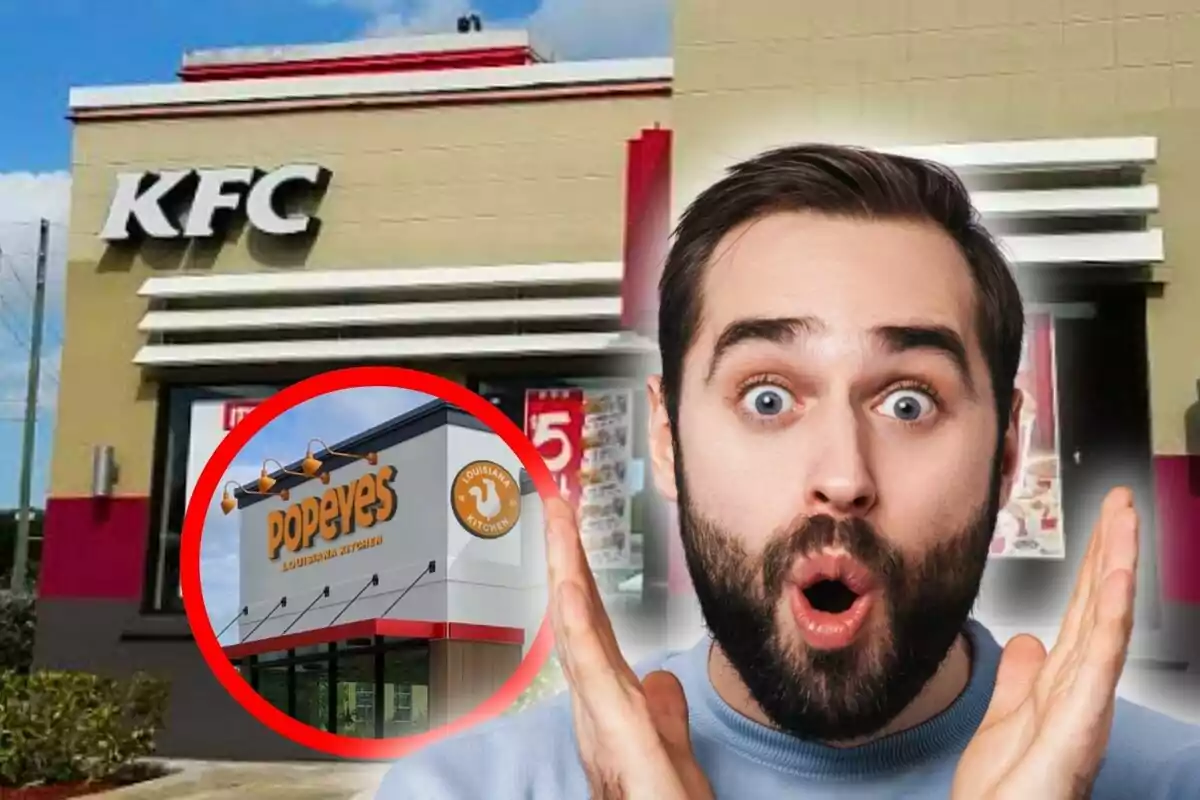KFC is experiencing a key year in the United States, marked by a profound transformation in its strategy. The iconic fried chicken chain wants to update its image without losing the flavor that made it famous. In an increasingly competitive market, staying relevant is an absolute priority.
The company seeks to win over new consumer profiles, especially those who value technology and sustainability. To achieve this, it has committed to a comprehensive renewal that includes everything from modernizing its locations to diversifying the menu. Although the path promises growth, it also presents significant challenges on a global level.
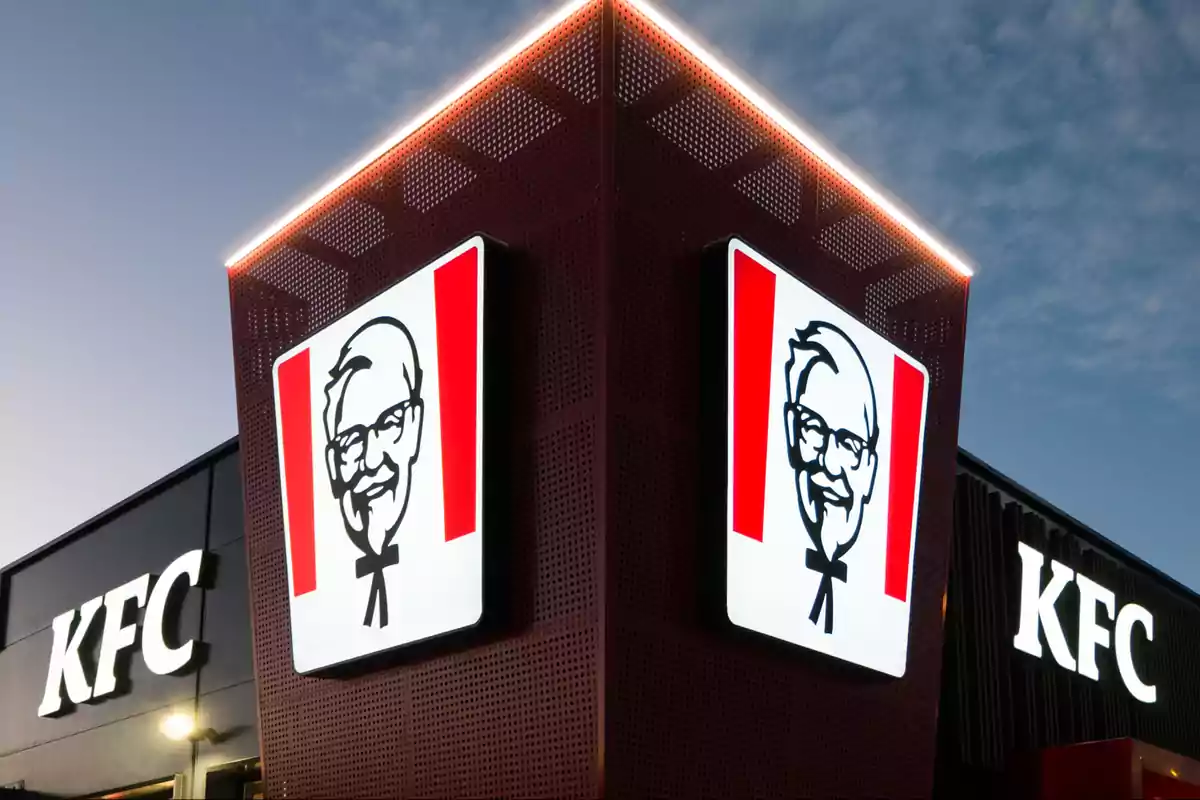
According to information published by Mashed, KFC has defined five strategic pillars for 2025. These actions not only aim to innovate but also to make clear distinctions from its main competitor: Popeyes. Without a doubt, these are the most important changes that are already making waves.
1. KFC bets on digital and futuristic restaurants
KFC has introduced a new concept called "KFC Original." This proposal includes digital orders, more efficient kitchens, and a visually renewed design.
The model was tested in Florida with good results. Therefore, in February, it will be implemented in six restaurants in Dallas. The change aims to streamline service and improve the customer experience.
Meanwhile, the rollout of "Saucy by KFC" will also continue. This format focuses on boneless chicken and multiple sauces. In the future, it will incorporate live entertainment in its locations.
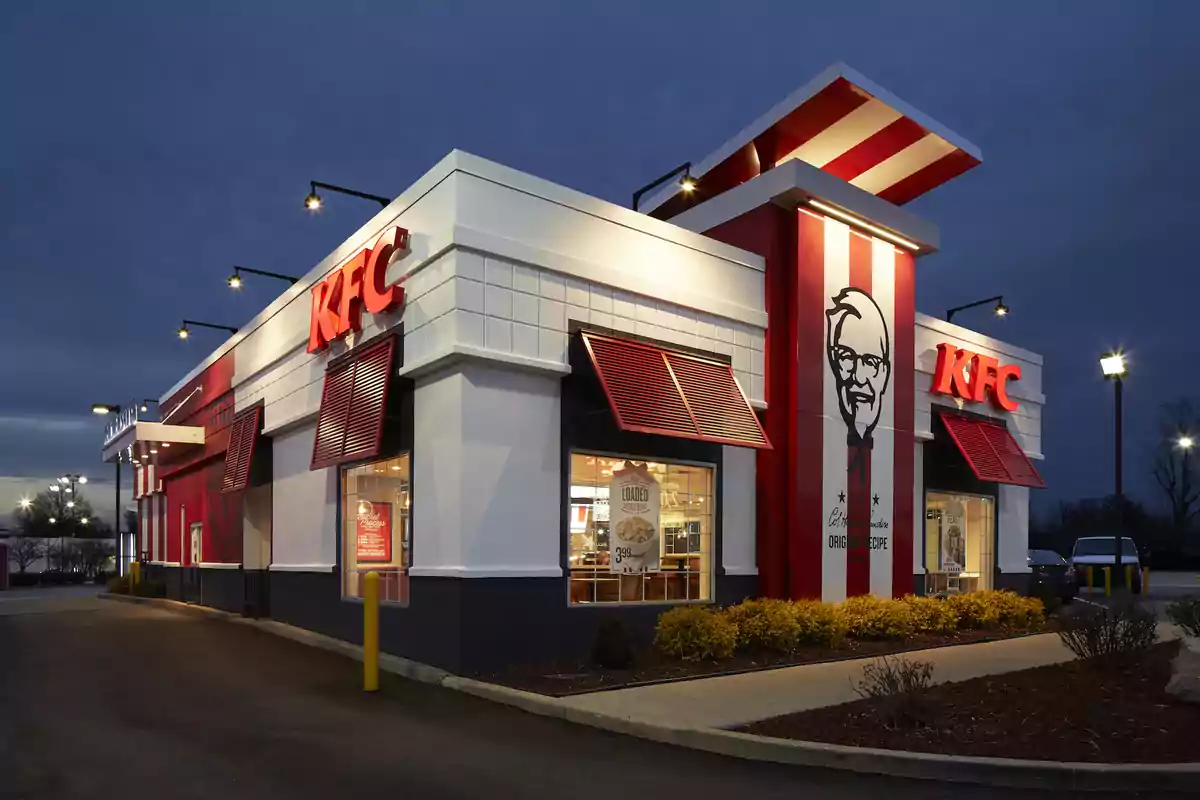
2. New menu proposals at KFC
The menu has been revamped to compete in price and variety. Among the new products are the "loaded bowls," which are available at KFC for $5. They contain combinations like Nashville hot sauce, macaroni, and fries.
Additionally, two Korean-inspired bowls have been launched. They are available exclusively through their mobile app. It's a way to encourage the use of their digital channels.
Internationally, creativity remains present. In Singapore, KFC has relaunched cereal chicken. It has even launched a burger with that same ingredient.
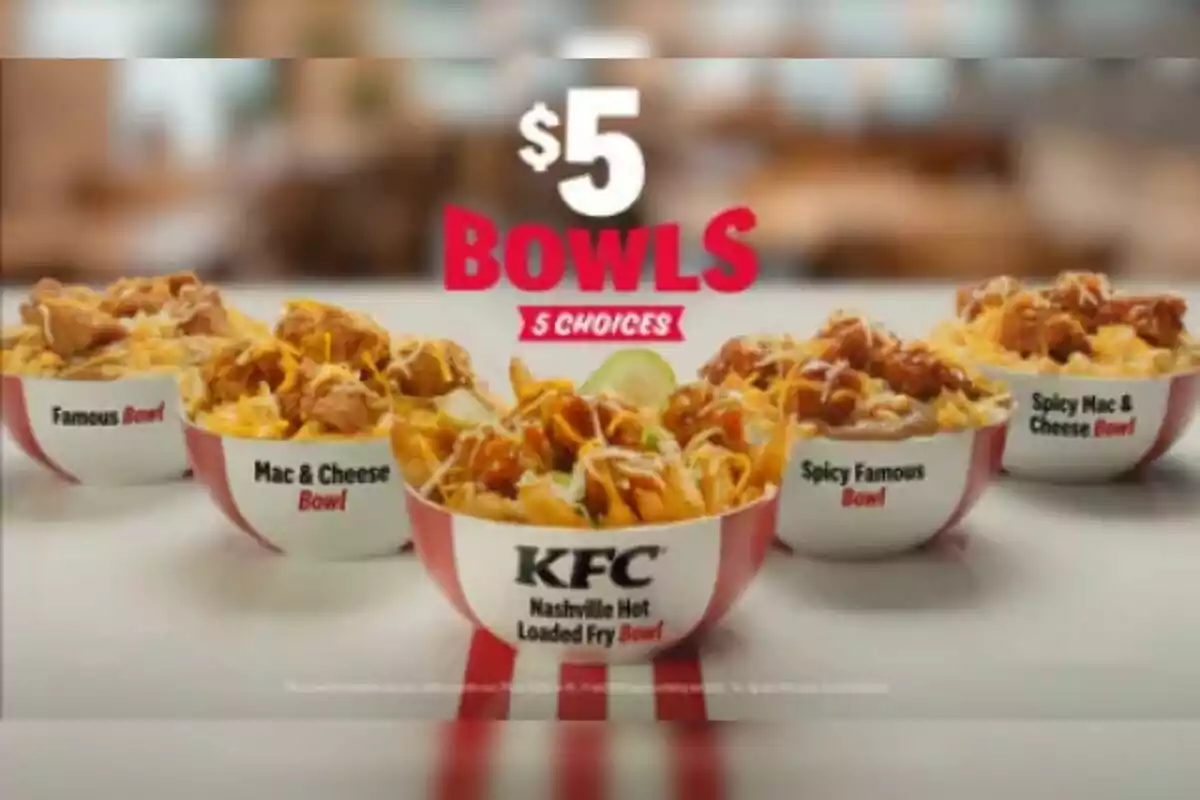
3. More sustainability, but with nuances
KFC has reinforced its environmental commitment. Its goal is for all its packaging to be reusable, recyclable, or compostable by 2025. There are already significant advances in several countries.
In Ecuador and the Netherlands, for example, renewable energies are used. In France and Kenya, priority is given to local ingredients. The position of global chief of sustainability has also been created.
Even so, Yum! Brands hasn't met all its objectives. In three years, it has only reduced virgin plastics by 3%. The goal for 2025 was to reach 10%.
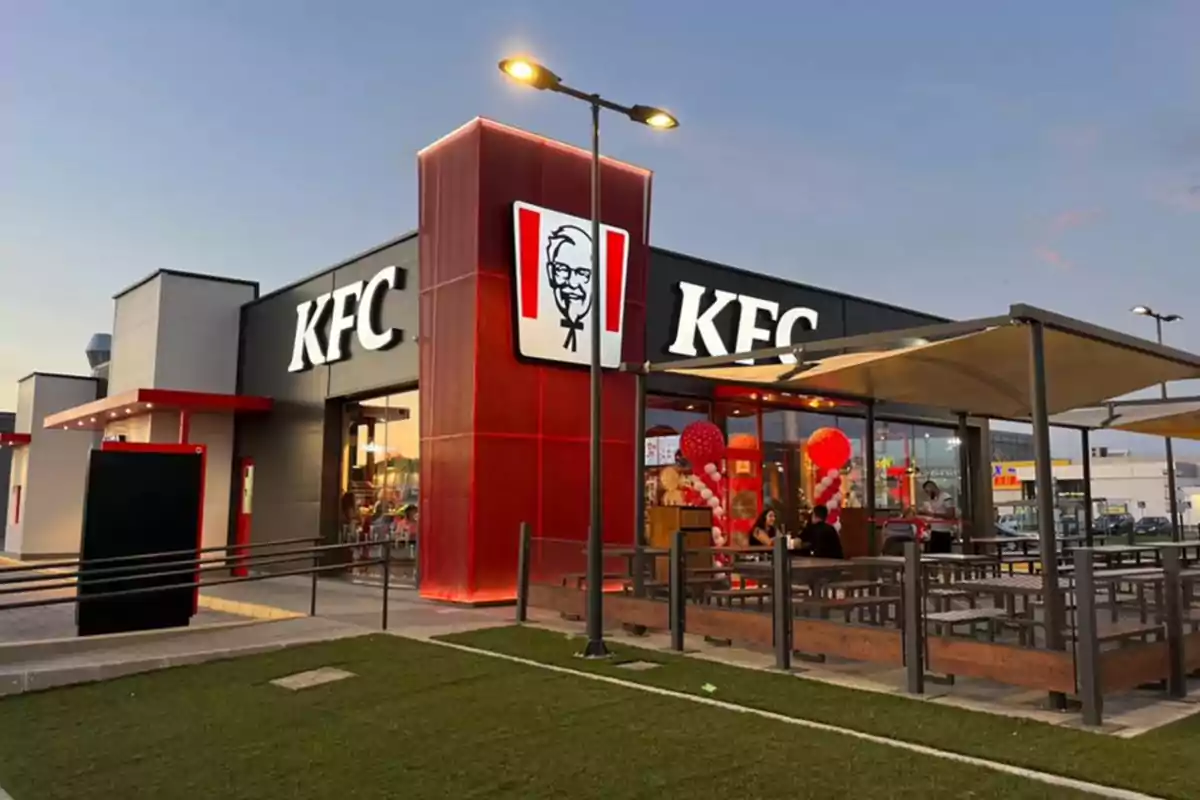
KFC's problems in Türkiye
But not all news is good for the brand. In Türkiye, KFC has suffered a significant setback. Yum! Brands, its parent company, decided to cancel the licenses of its local partner.
The Turkish operator, IS Gida, didn't meet the required quality standards. This forced the closure of 283 KFC and Pizza Hut restaurants. The company is evaluating new options to resume activity.
Among the alternatives, they are considering taking direct control or seeking other partners. The goal is to relaunch the brand without compromising its reputation. Türkiye remains a key market for the company.
However, there is no doubt that KFC is changing rapidly. With technological bets, new flavors, and a greener image. Everything indicates that the battle with Popeyes is far from over.
